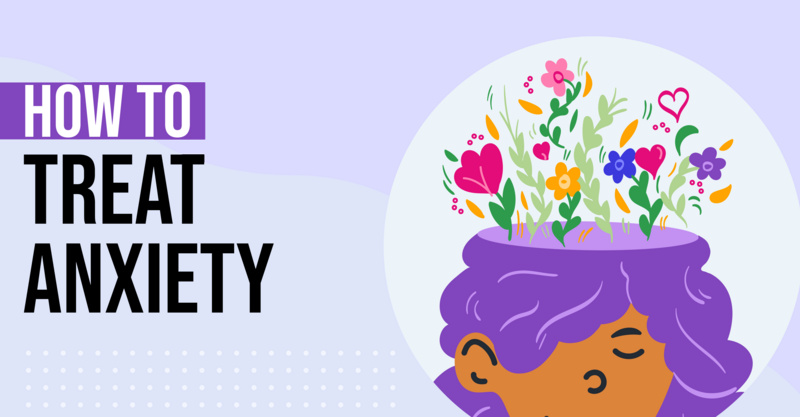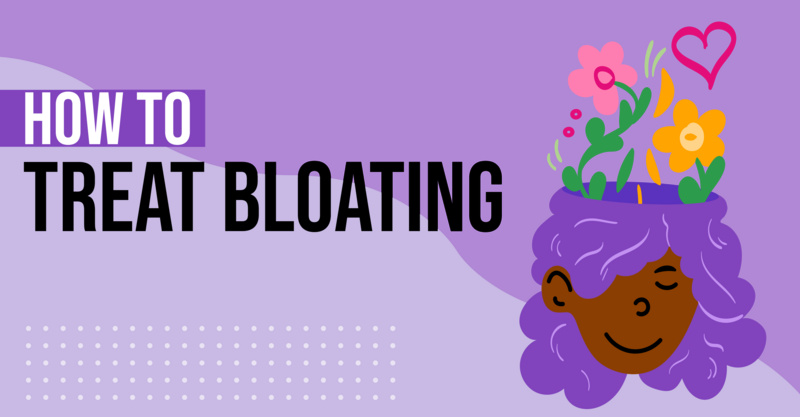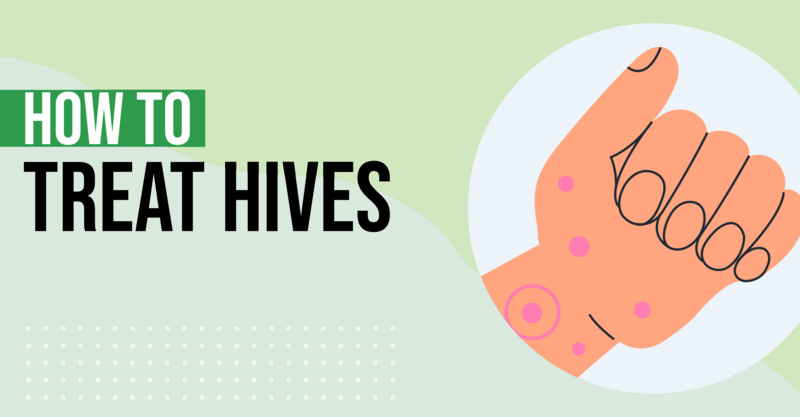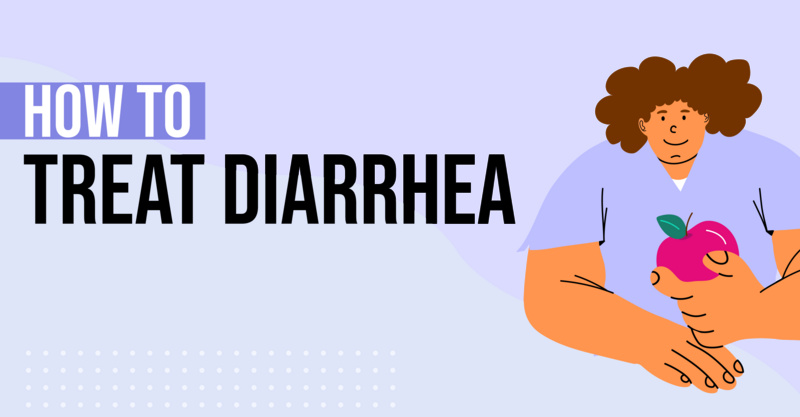Key Points
- The article identifies five primary causes of lightheadedness: sudden change in position, illness (like cold or flu), dehydration, drug or alcohol use, and stress or anxiety.
- It also explores potential serious health conditions linked to lightheadedness, such as panic disorder, heart problems, internal bleeding, shock, and stroke.
- Each of these health conditions is discussed in detail, including their symptoms and the urgency for medical attention.
- The article concludes with potential questions a doctor may ask to understand your lightheadedness better and alternative terms for the condition.
Top 5 Causes of Lightheadedness
The term “lightheadedness” refers to a feeling people sometimes experience that the head is weightless while the body isn’t. It often makes a person feel as if they might faint.
1. Change in Position
If you stand up, sit up from lying down, or otherwise change position quickly, there is a possibility you might feel temporarily lightheaded. Vertigo can also occur when this happens, and the two together create the symptom of dizziness.[1] This occurs more often in older individuals, but it still happens occasionally to younger people. However, if you notice this happening to you often, it could be a sign of a more serious condition.
2. Sickness
You might feel lightheaded more often when you suffer from a cold or the flu. Lightheadedness is just one of the common uncomfortable feelings that occur when your sinuses are swollen and packed with mucus, making it hard for your body to maintain its equilibrium. In order to avoid lightheadedness while dealing with a cold, make sure to get plenty of rest, drink lots of fluids, and avoid moving around or getting up too quickly.
3. Dehydration
Lightheadedness can be a sign of dehydration, hunger, or low blood sugar.[2] Think about whether you drink enough water or if you have eaten enough. If you realize this is the issue, try to drink or eat, but do so slowly to avoid nausea.
4. Using Drugs or Alcohol
Drinking alcohol can make a person feel lightheaded. Although some see the feeling as a positive outcome of drinking, this lightheadedness can be a sign that your body is at its limit and that drinking more could be dangerous. Certain other drugs can make you lightheaded as well; some are illegal, while others are prescription-based, such as opioid painkillers. It is important to avoid mixing alcohol with drugs that could make you lightheaded, as doing so causes an intensified version of this effect and can lead to passing out, getting injured, or other dangerous outcomes.[3]
5. Stress or Anxiety
Becoming extremely stressed out can actually lead to lightheadedness. In some cases, a person becomes very anxious and experiences hyperventilation, which occurs when they begin breathing in and out too quickly because they feel as if they can’t get enough air. This can lead to the lightheaded feeling many people go through during a panic attack.[4]
Possible Health Conditions Related to Lightheadedness
1. Panic Disorder
Although many people experience panic attacks occasionally during their lives, it is also possible for an individual to experience frequent panic attacks triggered by a thing, person, event, or memory. This is called panic disorder.[5] If you begin to experience panic attacks often, you might require treatment in the form of medication, behavioral therapy, or both. Panic attacks can be debilitating, especially if they occur all the time.
2. Heart Problems
Certain heart problems or conditions can be the underlying cause of lightheadedness.[2] For example, an abnormal heartbeat or rhythm can be the cause of lightheadedness. A heart attack could also cause a person to experience lightheadedness. With a heart attack, lightheadedness accompanies weakness; pain in the neck, back, or jaw; discomfort in the chest; and shortness of breath. A heart attack is a medical emergency that requires immediate treatment.
3. Internal Bleeding
Often, it’s easy to know when you lose blood and when this blood loss is the cause of lightheadedness. However, internal bleeding is not as apparent. Lightheadedness, dizziness, pain in the area of the bleeding, and bruising caused by blood pooling under the skin’s surface are all signs of internal bleeding.[6] It can be a medical emergency that requires immediate help.
4. Shock
Shock is a syndrome that occurs when a person’s organs cannot get enough blood or oxygen, causing their blood pressure to decrease rapidly. Shock can be very dangerous, and there are several different types of it. It can be the result of blood loss, an allergy or allergic reaction, or the heart’s inability to pump enough blood throughout the body. Shock can also be identified by loss of consciousness, cold hands or cold feet, paleness, a weakened pulse, and confusion.[7] A person who has gone into shock needs professional treatment immediately.
5. Stroke
A stroke occurs when the blood that flows regularly to the brain suddenly stops. It can be extremely dangerous, and depending on how long the issue goes on, brain cells can die. Look for the signs of a stroke: confusion, dizziness, and sudden weakness in the face muscles, arms, and/or legs. Usually, a stroke occurs on just one side of the body.[8] Having a stroke can be very scary, and time is of the essence when a person experiences one, so it is important to get them into treatment immediately.
Questions Your Doctor May Ask About Your Lightheadedness
- How long have you been dealing with lightheadedness?
- Do you also experience vertigo?
- Are there are issues that trigger your lightheadedness?
- Do you experience any pain in addition to this issue?
- What are your other symptoms when you feel lightheaded?
Lightheadedness May Also Be Known as
- Dizziness
- Wooziness
- Feeling faint
- Reeling
- Vertigo
Frequently asked questions
What are the top five causes of lightheadedness?
What serious health conditions can be associated with lightheadedness?
Lightheadedness can be associated with serious health conditions such as panic disorder, heart problems, internal bleeding, shock, and stroke.When should I seek immediate medical attention for lightheadedness?
If your lightheadedness is accompanied by symptoms of serious health conditions like chest pain, shortness of breath, severe headache, or other stroke symptoms, you should seek immediate medical attention.What questions might a doctor ask about my lightheadedness?
A doctor might ask about the frequency and duration of your lightheadedness, any accompanying symptoms, and any potential triggers such as recent illness or stress.Are there alternative terms for lightheadedness?
Yes, lightheadedness can also be referred to as dizziness, faintness, or vertigo, depending on the specific symptoms and causes.Can dehydration cause lightheadedness?
Yes, dehydration is one of the common causes of lightheadedness.Can stress or anxiety cause lightheadedness?
Yes, stress and anxiety can often lead to a feeling of lightheadedness.Can drug or alcohol use cause lightheadedness?
Yes, the use of drugs or alcohol can often lead to a sensation of lightheadedness.
Solv has strict sourcing guidelines and relies on peer-reviewed studies, academic research institutions, and medical associations. We avoid using tertiary references.









